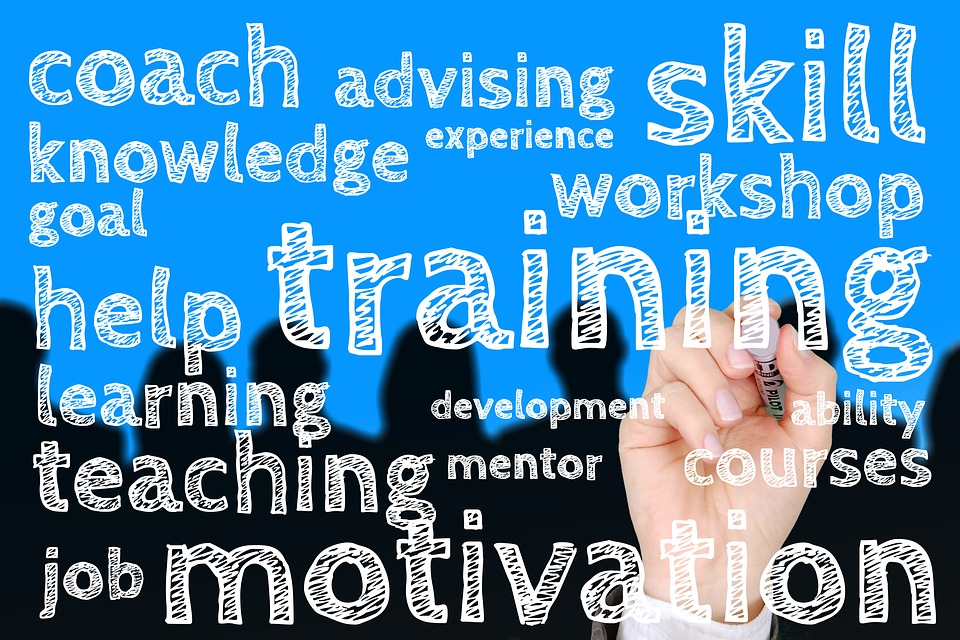Baby Boomers, once the largest generation in the workforce, are beginning to make their exit from the workplace. Still, a percentage of even the oldest of this group will remain employed for quite a while. The average age of retirement is 65, and as of this year (2016) the youngest Baby Boomers are 52 years of age. According to these statistics, the younger Boomers have about 13 years left at work. But, this generation is notorious for loving their careers and being incredibly hard workers. Many don’t want to retire at 65. So it’s possible that the youngest of these individuals could be in the workplace for another 20 years or so – maybe longer. With this in mind, employers should be intentional about developing the leadership qualities that most of these valuable workers possess.
Baby Boomers Have an Incredible Capacity for Leadership
As the oldest generation in the workforce, Baby Boomers are experienced and highly skilled. They generally are devoted to their careers, sometimes to the point of finding their identity in them. Because of this, they tend to have an amazing capacity to lead others. However, they sometimes get neglected when it comes to leadership training. Managers may think that, because of their competency, Baby Boomers don’t need much help in this area. Or, employers may choose to direct their leadership training efforts toward Millennials or other less-experienced workers. This is a mistake. Baby Boomers need and appreciate leadership training no matter how far along they are in their careers.
Are You Developing Leadership Qualities in Baby Boomer Employees?
Are you developing the leadership qualities in your company’s Baby Boomer employees? One effective way to do this is to strengthen their skills sets through formal training. Another way is to give them sufficient informal learning opportunities and resources. Seven Steps for Effective Leadership Development, a whitepaper, stated, “To support less-formal learning, activities such as coaching, rotational assignments, job shadowing, mentor relationships, and project leadership should also be part of an employee’s development plan. At the core, the very definition of learning should reflect today’s nontraditional learning and incorporate social networking tools into the development process.” Remember that just because Baby Boomers have a lot of professional experience doesn’t mean they won’t benefit from having a mentor. Job shadowing can be helpful if they desire a promotion. Also, placing them in relationships in which they are the mentor will rapidly develop and hone their leadership skills.
All employees with leadership potential—including Baby Boomers—should receive training in this area. How are you developing the leadership skills in your organization’s Baby Boomer employees?
Share this Post

